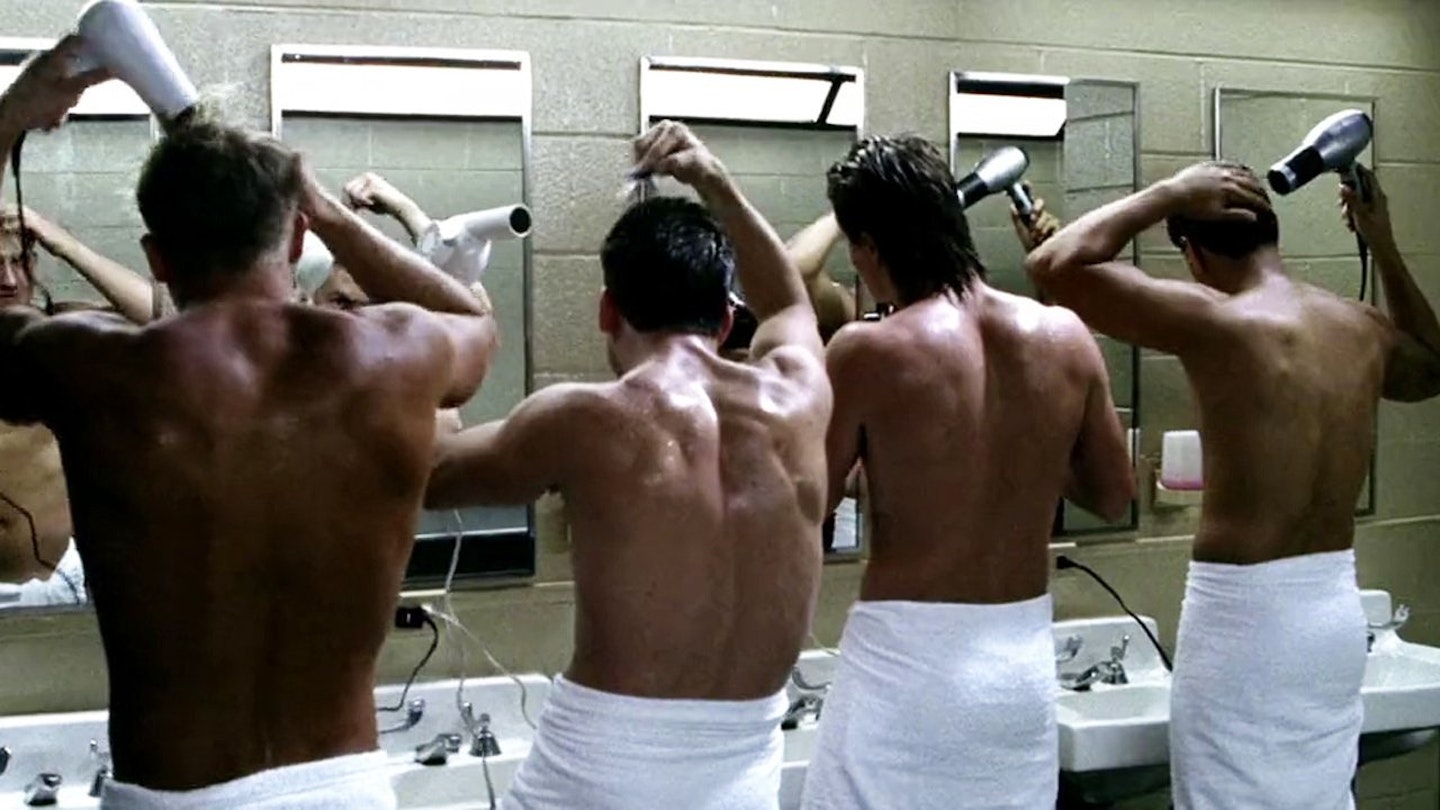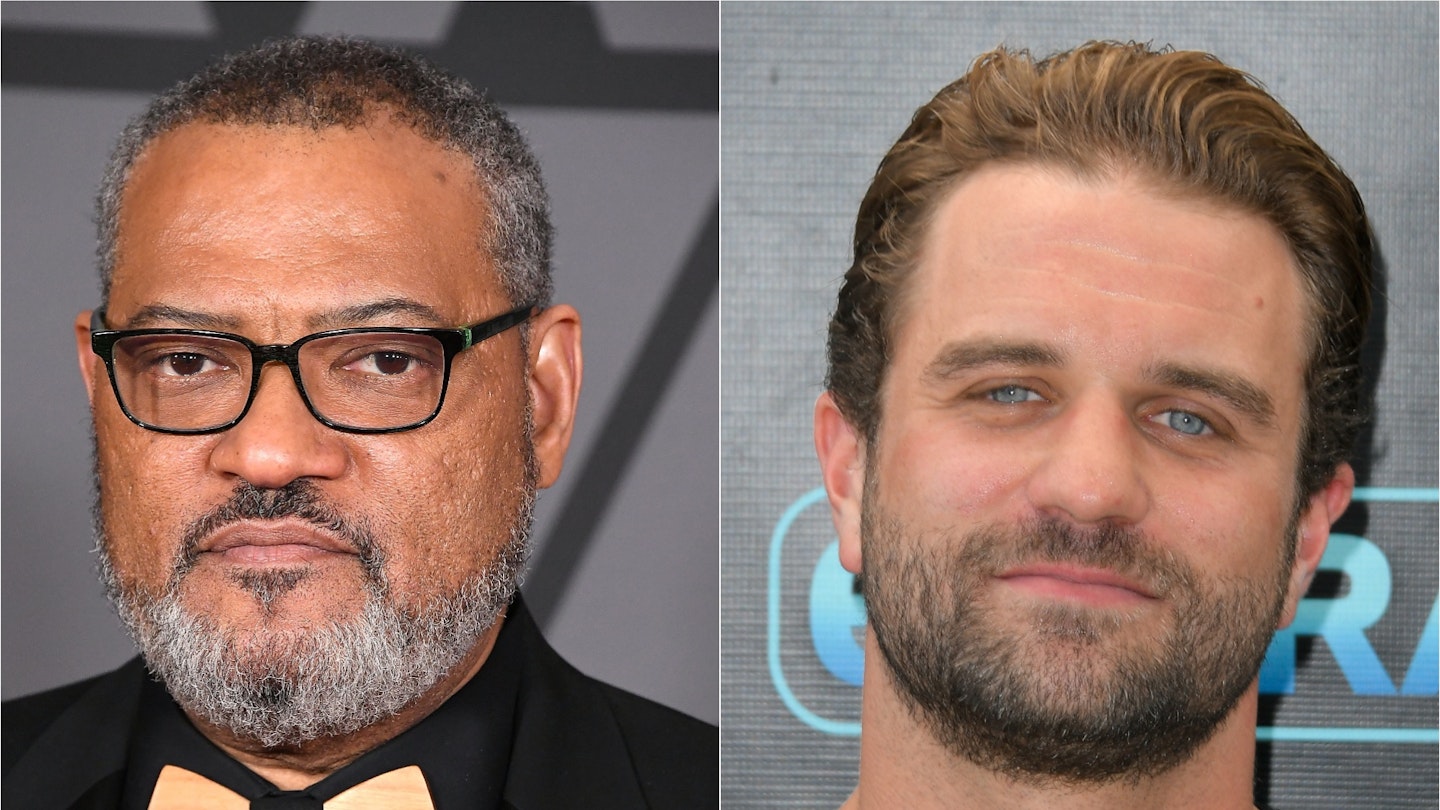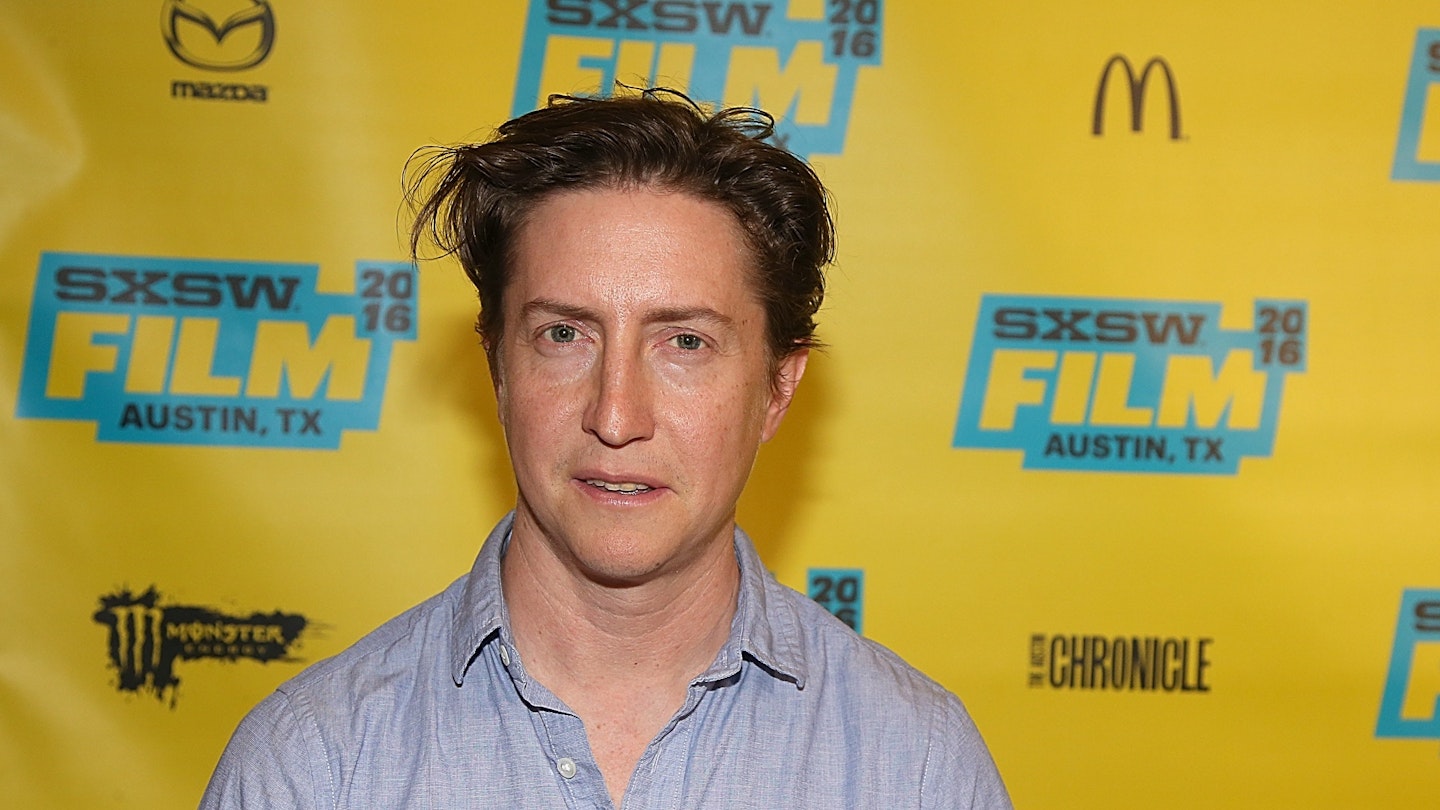Stop right there. If you've read the premise for this vivid, compelling movie and have immediately switched off at the thought of another story about that incomprehensible, herky-jerky US sport, you should know different. Yes, this is a film about American football, but it is so much more. It is a stark survey of the hold sport has on life, with its tribal allure and power to devastate both supporter and player. Directed by sometime actor Peter Berg through the framework of an earthy coming-of-age saga, the grunt 'n' buckle trade-offs of 'football' have never felt so profound.
There has been some criticism of the deviation from factual detail to fit a more emotionally telling template, but it is a formula as passionately reproduced as any Rocky, Seabiscuit or Bull Durham. The wounded star player forced to confront the end of his playing career before it has even got going is as ragged a moment of honest pain as anything Mike Leigh could cook up on a London council estate. Country and Western crooner Tim McGraw shrinks his cowboy brio into a drunken brute of a former football hero facing up to the bitter realisation he has come to mean nothing more than history. Meanwhile his son, not half the player, has to bear the brunt of his hopelessness. "After football, it's just babies and memories," he glumly reports, father-to-son. A hell of a thing to lay on a 17-year-old.
Which is the whole point Berg and his cousin, original author H.G. 'Buzz' Bissinger, are making - in what sane world does a tender bunch of kids in the prime of their life have to carry an entire town's neuroses?
As the team coach, Thornton is the honest-to-God kinda guy who, ironically, sees through the devotional haze; winning isn't everything, it only feels like it. This should all ring very familiar. The all-consuming obsession of Odessa, down to radio phone-ins and car park confrontations, carries the same religious patter as rabid soccer support does here. They are the heartbeat of whole communities.
Berg is smart enough to find something suspicious in this and also the absurdity that Bissinger observed: the coin-toss to decide a tournamentÆs outcome, the real estate signs staked out on the coach's lawn after defeat, the inverse racism applied to influence referees ("zebras"). Such detail allows the film to breathe, keeping it aloft from the go-go sport-as-American-metaphor cliches too often hung on the game. The swaying emotion of the seesaw season carries a universal clarity. You want these boys to triumph. In fact, you will long for it. The action has the punching, rhythmic edits of genuine sports coverage, and in among the players' lives the handheld camerawork has the unblinking force of a documentary. Yet, Berg's delivery still possesses an essential movieness, and his film has a mythical reach, skies filled with the contrails of unattainable dreams. These are less the tones of the melodramatic sports milieu than the romantic Western, the young cowpoke's rite-of-passage transmuted from the chaparral to the stadium. And when you read the written coda of what happened to the real kids, it's a note of pure heartbreak. So stay for the closing credits, if for nothing else but to stifle your sobs.


